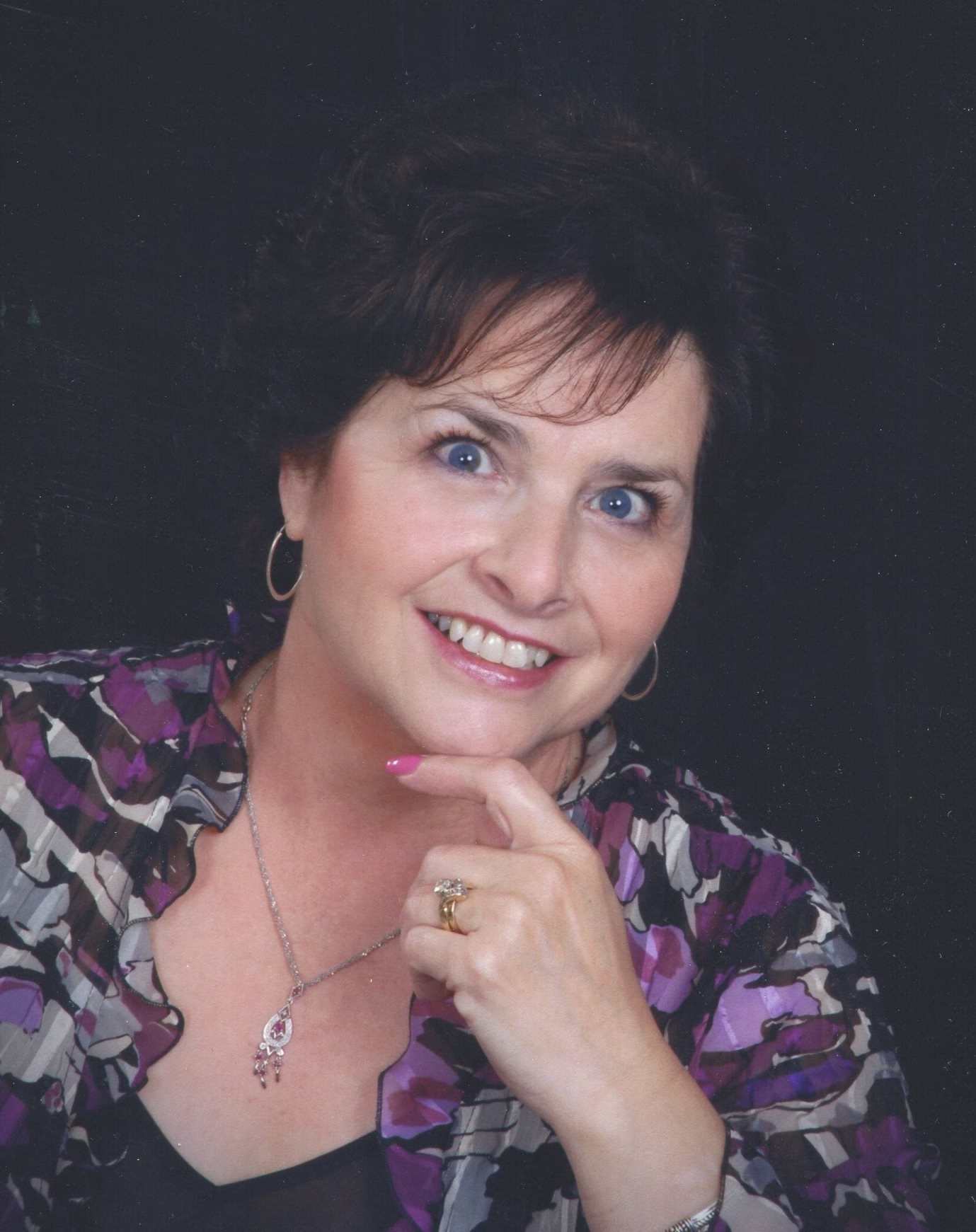Lodi Township’s board wrestled with commas, clauses, and control in a painstaking push to approve its new Rules of Order.
The Lodi Township Board of Trustees slogged through a detailed, and at times painstaking, review of its draft Rules of Order during a meeting that tested patience, precision, and parliamentary grit.
The process, which included parsing grammar, debating intent, and interpreting statutory requirements, ultimately ended with the board approving the revised document. However, the journey to that vote was far from smooth.
“We need an opportunity — the board together, collectively, all seven of us have equal voices when we’re sitting here,” said Trustee Leslie Blackburn during a discussion on how agenda items are added. “I think it’s important that we have a method for minority voices to have access to an agenda item.”
The language of Rule 4 on Agenda Preparation was a particular sticking point. Blackburn advocated for reinstating a clause allowing any two board members to place an item on the agenda, which she argued would support transparency and minority input. “It protects the opportunity for two, at a minimum… Any two folks can say, ‘Hey, this is important. We want it on the agenda.’”
Supervisor Jan Godek pushed back, stating, “The way it is right now, any one person can ask for anything to be put on the agenda,” and later added, “I’m comfortable that we’re going to continue to do that, whether somebody comes and talks to anybody in the office or whether it’s brought up, somebody sends us an email.”
Ultimately, a motion to amend the agenda preparation rule to include Blackburn’s proposed two-member clause failed. The board then approved the original version without the amendment.
Rule 4.6, Adoption of Agenda, also prompted debate. Attorney Jesse O’Jack noted a conflict between clauses that allowed both majority vote and individual board member requests to alter the agenda. “You can’t say in the first sentence it’s going to be done by a majority of those present, and then [in the] last sentence… by the request of a board member. That’s inconsistent.” The board removed the conflicting sentence and approved the revised section.
Discussions on public comment rules were equally meticulous. Blackburn questioned vague language around submitted written statements, asking whether they’d be read aloud or simply included in the board packet. Clerk Christina Smith clarified, “Any correspondence I received does go in the board packet.”
The board also settled a tense back-and-forth over whether members should respond during public comment. Blackburn supported allowing clarifications, while others warned that it could invite trouble. The final language adopted read: “Board members are not obligated to answer questions or make statements in response to issues raised during public comment.”
Even the order of roll call voting (Rule 10.4) was revisited. Blackburn pushed for a rotating method, and the board agreed to language stating, “The supervisor may rotate the order of voting at each vote so that no member votes first or last on every roll call.”
After more than an hour of deliberation, the board finally adopted the full revised Rules of Order.





 8123 Main St Suite 200 Dexter, MI 48130
8123 Main St Suite 200 Dexter, MI 48130


